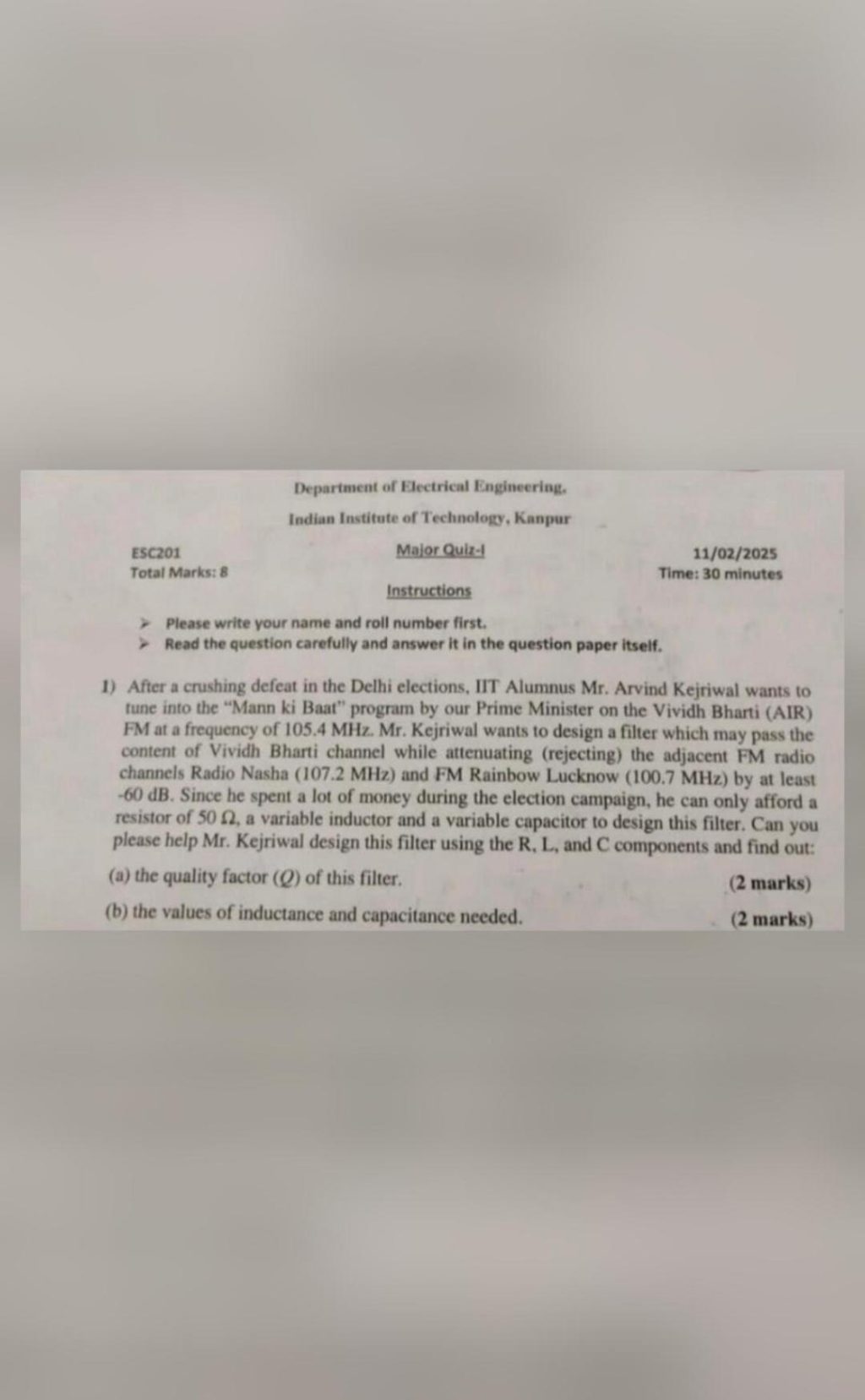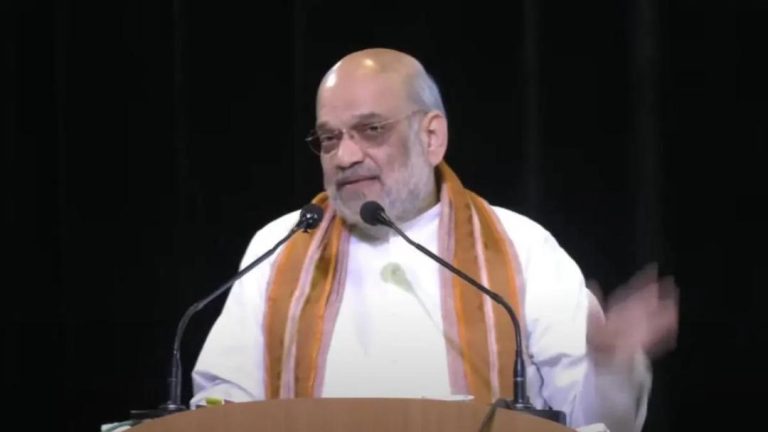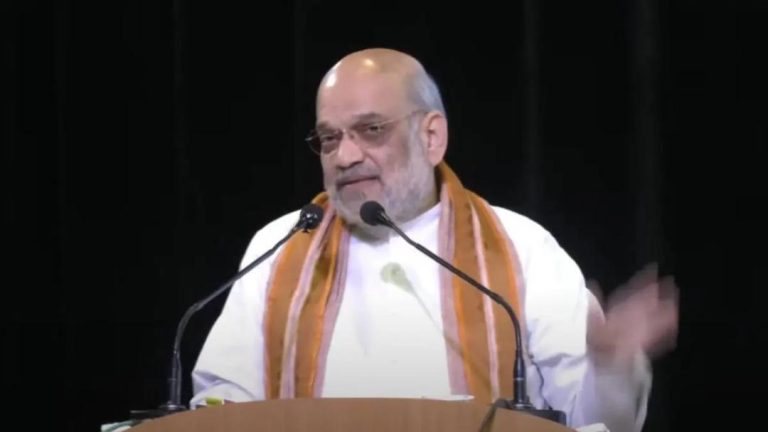
Wanted Exam to be More Engaging: IIT Kanpur on ‘Kejriwal & Mann Ki Baat’ Question
In an era where exams are often criticized for being monotonous and unengaging, a recent question paper from IIT Kanpur has gone viral for its creative and humorous approach. The question, which asked students to design a filter for Arvind Kejriwal to help him tune into PM Narendra Modi’s ‘Mann Ki Baat’ radio program after Delhi poll losses, has sparked both surprise and admiration from students and educators alike.
The question, which was part of the institute’s engineering entrance exam, has raised eyebrows and sparked a debate on the role of creativity in examinations. While some have questioned the relevance of the question to the exam’s syllabus, others have praised the professor who drafted the paper for his innovative approach to making exams more engaging.
In an interview with News 18, IIT Kanpur confirmed that the question was indeed real and part of the institute’s entrance exam. The professor who drafted the paper, who wishes to remain anonymous, uses references to well-known personalities to make exam questions more engaging and thought-provoking.
“We believe that exam questions should be more than just a test of knowledge. They should encourage students to think critically and creatively,” said the professor. “By using real-life scenarios and references to well-known personalities, we can make the exam more enjoyable and challenging for students.”
The question, which has been widely shared on social media, has also sparked a debate on the role of politics in education. Some have criticized the question for being biased and political, while others have praised it for encouraging students to think critically about current events.
However, the real question is whether this approach to exam questions is effective in achieving its intended purpose. While the question may have gone viral and sparked a debate, it is unclear whether it has actually improved the engagement and motivation of students.
In an era where students are often overwhelmed by the pressure to perform well in exams, any approach that can make exams more enjoyable and engaging can be beneficial. However, it is equally important to ensure that the exam questions are relevant to the syllabus and do not compromise the academic integrity of the exam.
IIT Kanpur’s approach to exam questions is not without precedent. In recent years, there has been a growing trend towards incorporating creative and real-world scenarios into exam questions. This approach is designed to encourage students to think critically and creatively, and to apply their knowledge to real-world problems.
For example, many universities and colleges now use case studies and scenario-based questions to assess students’ problem-solving skills and their ability to think critically. These questions often require students to analyze complex data, identify patterns and trends, and develop creative solutions to real-world problems.
However, not everyone is convinced that this approach is effective. Some educators argue that exams should be focused on assessing students’ knowledge and understanding of the subject matter, rather than their ability to think creatively or solve real-world problems.
In conclusion, while IIT Kanpur’s approach to exam questions is innovative and engaging, it is unclear whether it is effective in achieving its intended purpose. While the question may have gone viral and sparked a debate, it is equally important to ensure that the exam questions are relevant to the syllabus and do not compromise the academic integrity of the exam.
As educators, we must strike a balance between making exams more engaging and enjoyable, while also ensuring that they are fair and relevant to the syllabus. By incorporating creative and real-world scenarios into exam questions, we can encourage students to think critically and creatively, and to apply their knowledge to real-world problems. However, we must also be mindful of the potential risks and challenges associated with this approach, and ensure that it does not compromise the academic integrity of the exam.
References:




